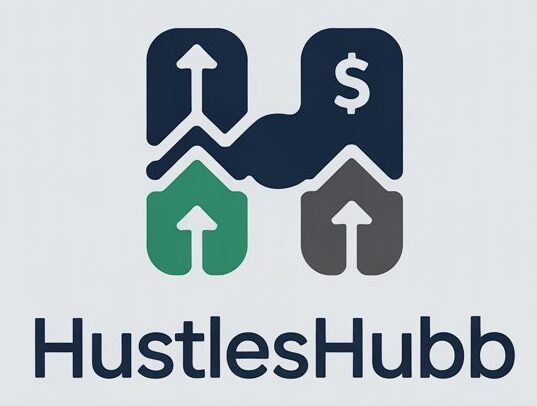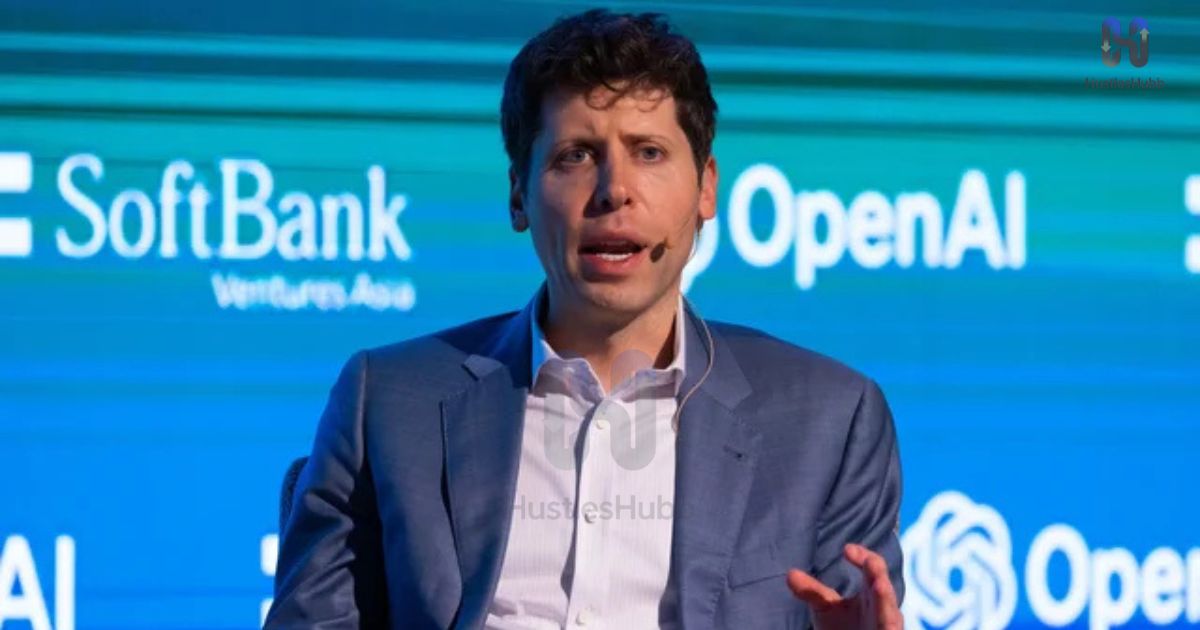“Discover the Creator of ChatGPT, OpenAI’s journey, power moves, partnerships, and global impact shaping the future of AI”.
Introduction: Why ChatGPT’s Creator Dominates the AI Headlines
The creator of ChatGPT, led by OpenAI, has become one of the most influential forces in today’s technology world. From its breakthrough launch, ChatGPT has transformed how people learn, work, and communicate. The vision of Sam Altman and his team was not just to build a tool but to reshape the global conversation about artificial intelligence.
Their success has sparked debates on AI safety measures, regulation, and ethics, as governments and industries race to adapt. What began as a research mission has now grown into a billion-dollar enterprise, with a cultural, political, and social impact that stretches far beyond Silicon Valley.
The Rise of OpenAI: From Startup to Tech Giant
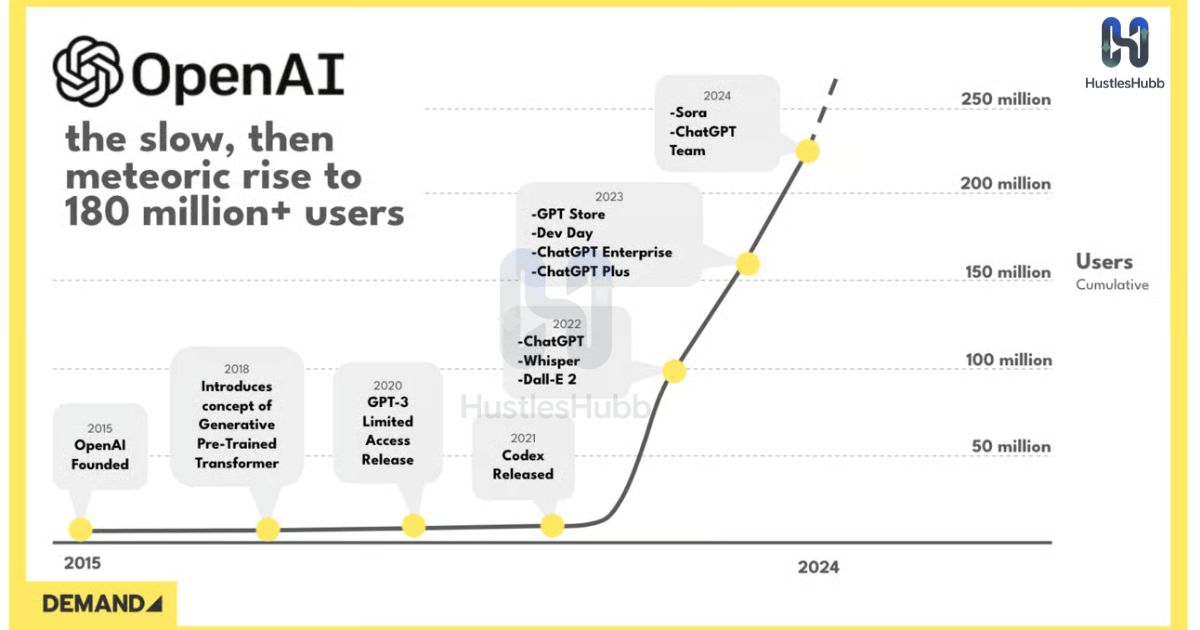
Founded in 2015, OpenAI started as a nonprofit mission with big names like Elon Musk, Sam Altman, and Ilya Sutskever. Their early dream was simple: make AI safe for everyone. But over time, the company shifted into a powerhouse, partnering with Microsoft and raising billions in funding.
The turning point was the release of ChatGPT. Almost overnight, it became the most popular AI tool in the world. From students writing essays to businesses building customer service bots, people realized AI could become a daily tool. This fast rise showed both the AI risks and benefits of powerful language models and forced governments to consider stronger artificial intelligence regulation.
ChatGPT’s Creator and Major Acquisitions in Tech
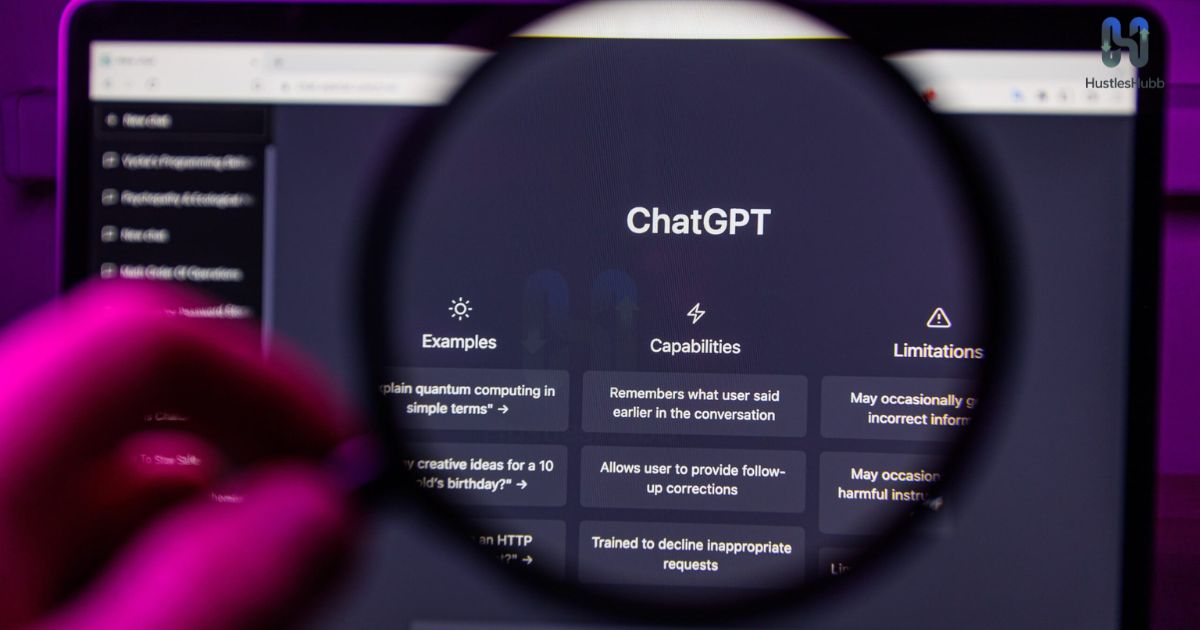
The creator of ChatGPT has also made smart acquisitions that strengthen OpenAI’s position. From hiring top researchers to buying smaller AI firms, these moves secure control over the best brains and tools in the field. Analysts often compare these acquisitions with Google CEO Sundar Pichai’s strategy at Google and Meta’s investments in AI labs.
Such acquisitions are not random. They give OpenAI a direct advantage in creating safer systems, expanding the Superalignment initiative, and controlling data pipelines. Competitors worry that this level of consolidation could push smaller firms out of the AI race, raising questions of monopoly and the need for AI governance reform.
OpenAI’s Billion-Dollar Valuation and Market Influence
The value of OpenAI has climbed above $150 billion, making it one of the most powerful AI companies in history. Investors see ChatGPT as more than a product—it is an ecosystem that can transform healthcare, law, defense, and education. Fortune magazine even described Sam Altman as the “Steve Jobs of AI,” highlighting his unique role in shaping markets.
This valuation is not only financial but also cultural. When Kevin Roose of The New York Times tested ChatGPT, his article showed how the tool can both inspire creativity and spread misinformation from AI. This dual role increases the debate about AI safety measures and the push for AI safety commitments from global tech leaders.
Table: OpenAI’s Financial Growth
| Year | Valuation | Key Event |
| 2019 | $1 Billion | Microsoft partnership |
| 2021 | $30 Billion | ChatGPT launch hype |
| 2023 | $90 Billion | Enterprise adoption |
| 2025 | $150+ Billion | Global AI influence |
Leadership Moves: Co-Creators Joining Global AI Labs
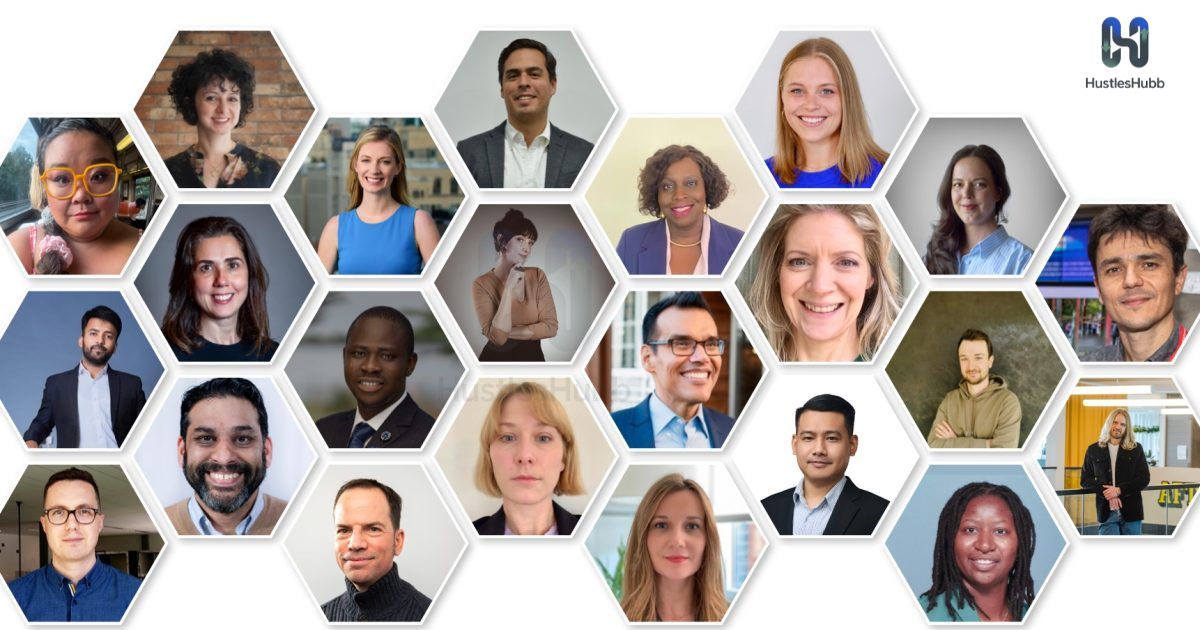
Not all co-founders stayed at OpenAI. Ilya Sutskever and Jan Leike moved to other global AI labs, raising questions about alignment and vision. Their departure sparked debates about whether OpenAI is moving too fast and ignoring AI safety research.
These leadership shifts show how valuable talent is in this race. Other companies, including Anthropic and DeepMind, welcomed these leaders to push their own innovations. While Sam Altman continues to guide OpenAI, the world watches how former insiders might compete or collaborate on AI governance reform.
Pentagon and Military Interest in ChatGPT’s Creator
The U.S. Pentagon has shown a strong interest in ChatGPT’s creator for potential military use. Reports suggest AI could help in logistics, battlefield planning, and even cybersecurity. Critics argue this is where misuse of AI in elections or warfare could become dangerous.
This military angle is controversial. Advocates say AI will help the Trump administration or any future government manage national security. But skeptics, including Tristan Harris of the Center for AI Safety, warn that AI in defense may lead to ethical and humanitarian risks that society is not prepared for.
Legal Battles and Controversies Around AI Development
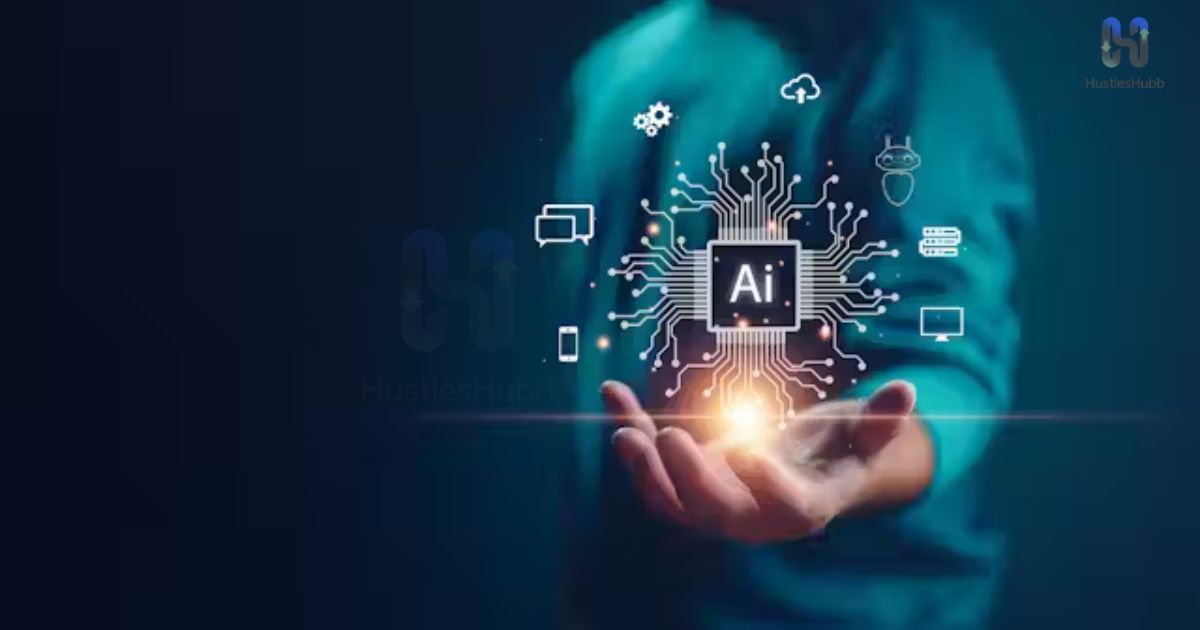
As ChatGPT grew, so did lawsuits. One major OpenAI lawsuit involves claims of product liability claims, negligent design, and violations of public nuisance law. Cases even reached the Ninth Circuit Court of Appeals, highlighting how the U.S. legal system struggles to keep up with AI.
Another debate centers on federal court cases where companies accused OpenAI of training models on copyrighted data. These battles could define the future of technology regulation in Hawaii and other states pushing for AI governance reform to balance innovation with accountability.
Google, Meta, and Rivalries With ChatGPT’s Creator
The rivalry between OpenAI and other tech giants is intense. Google CEO Sundar Pichai promotes Bard, while Meta invests billions into generative AI. These competitors challenge ChatGPT’s creator, but none have matched its adoption speed.
Competition is not only about tools. It is about global power. Who controls the best AI will likely influence education systems, media industries, and even politics. This rivalry pushes everyone to move faster, but it also increases AI risks and benefits debates in the public eye.
Cultural, Ethical, and Social Impact of ChatGPT’s Growth
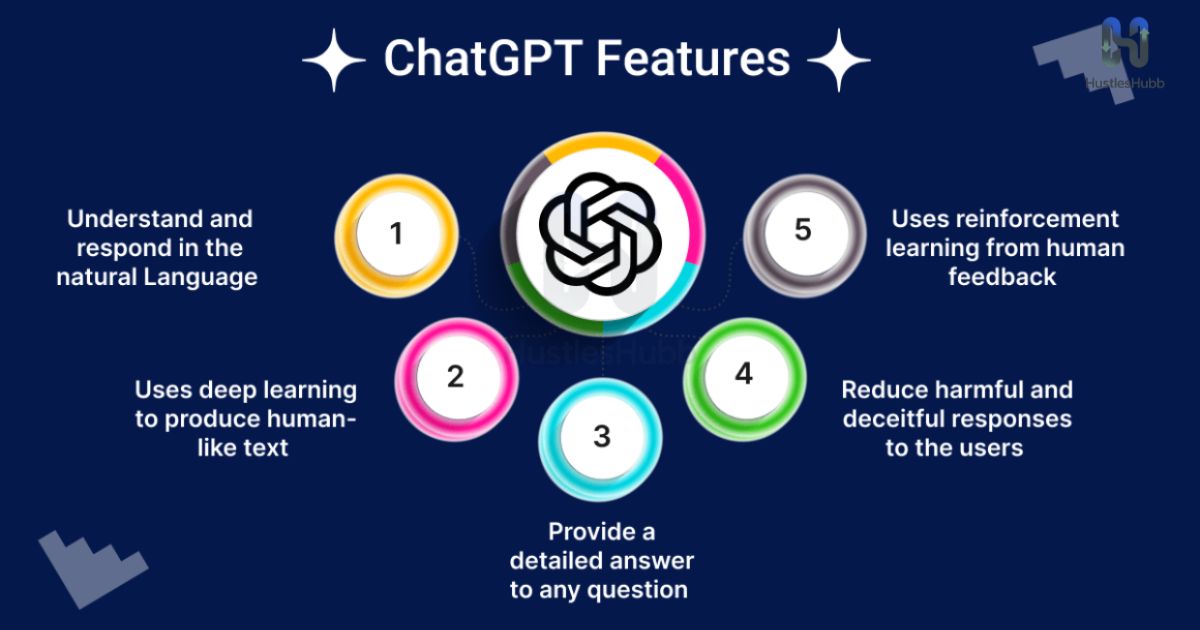
The cultural footprint of ChatGPT is massive. Students, journalists, and businesses rely on it every day. But its growth also highlights dangers like misinformation from AI and bias in training data. Authors like Tamlyn Hunt have argued that this shift changes not just industries but also human thinking.
To address these risks, global leaders signed the Bletchley Declaration, which called for stronger AI safety commitments and global AI governance reform. These actions show that the influence of OpenAI is not just technical—it is deeply social and ethical, shaping the future of human-AI relations.
Conclusion: The Future of OpenAI and Its Global Role
Looking ahead, the creator of ChatGPT will continue to influence business, culture, and politics. As Sam Altman pushes for stronger AI safety measures while expanding markets, the balance between growth and responsibility remains key.
The next chapter for OpenAI will involve stricter artificial intelligence regulation, global cooperation, and possibly new breakthroughs that will once again dominate headlines. What is clear is that the story of ChatGPT is not ending; it is only beginning, and its global impact will continue to expand in ways we are only starting to imagine.
READ ALSO: Caitlin Clark Logo: 7 Powerful Reasons Fans
FAQs
What is Sam Altman’s IQ?
Sam Altman’s exact IQ isn’t public, but he’s widely recognized for his high intelligence and innovative leadership in tech.
Did Elon Musk invent ChatGPT?
No, Elon Musk did not invent ChatGPT. It was developed by OpenAI, where Musk was an early co-founder and supporter.
Was ChatGPT created by a woman?
No, ChatGPT was not created by a single woman. It was developed by a team at OpenAI, co-founded by Sam Altman and others.
Is Sam Altman a billionaire?
Yes, Sam Altman is a billionaire, thanks to his role at OpenAI and investments in major startups.
How much did Elon Musk offer Sam Altman?
Reports suggest Elon Musk once offered funding worth billions to gain more control over OpenAI, but Altman declined.
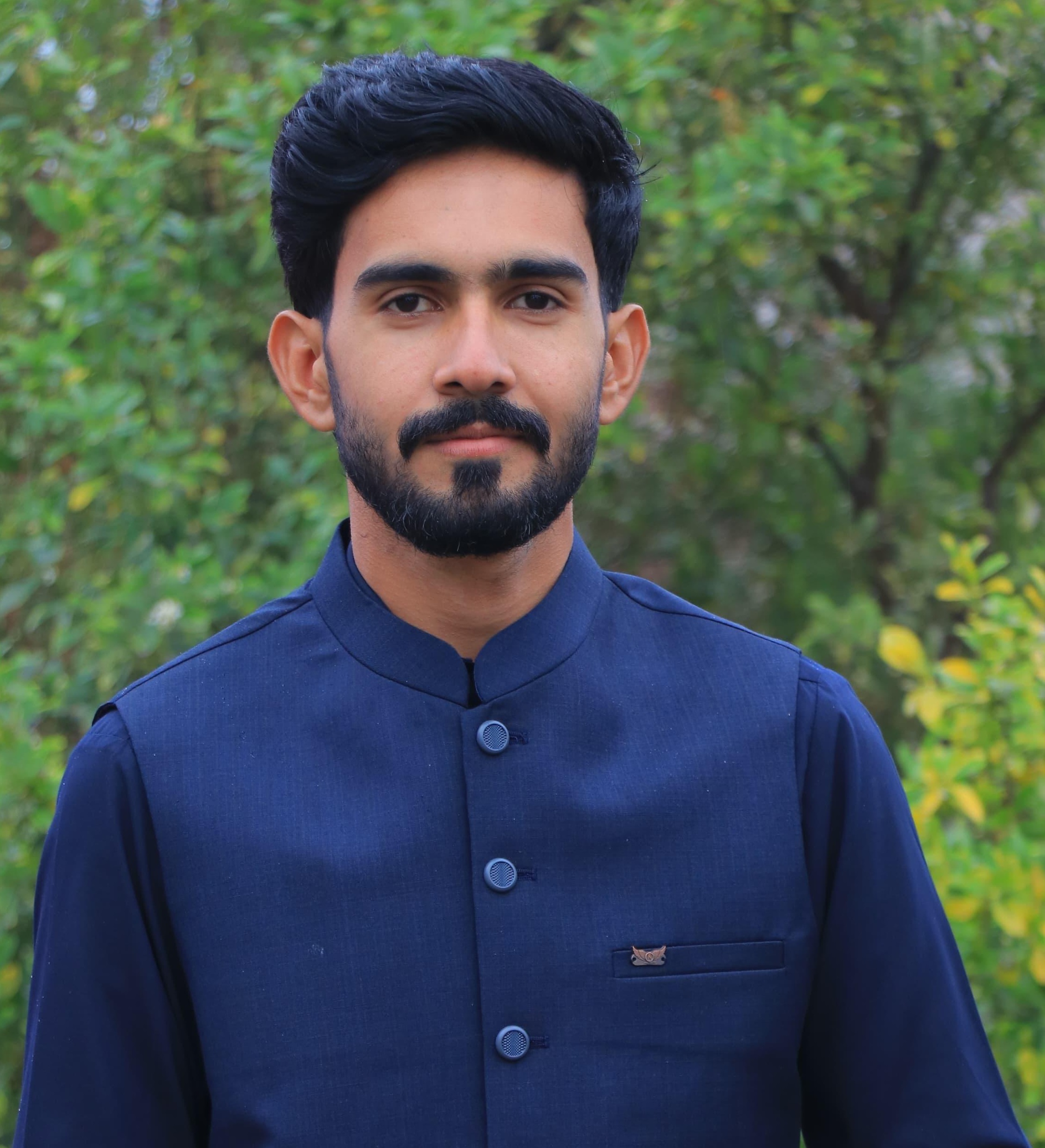
Welcome to Hustles Hubb! I’m Shafqat Amjad, an AI-Powered SEO and Content writer with 4 years of experience.
I help websites rank higher, grow traffic, and look amazing. My goal is to make SEO and web design simple and effective for everyone.
Let’s achieve more together!
